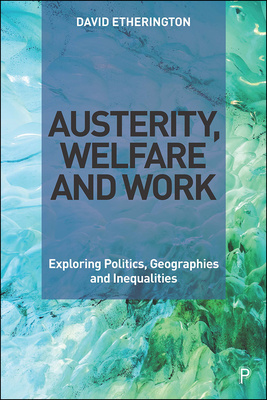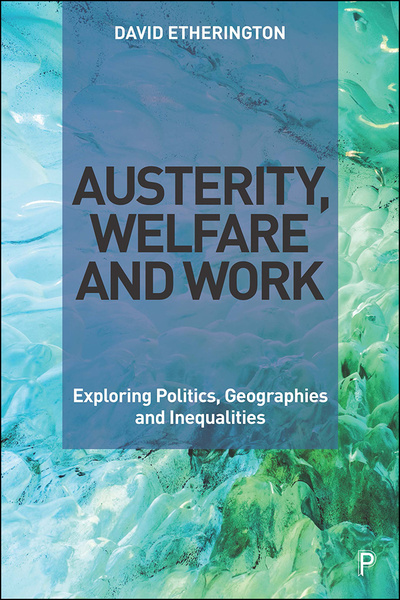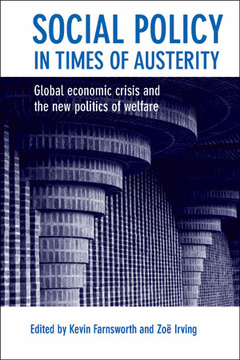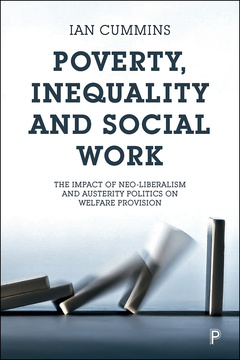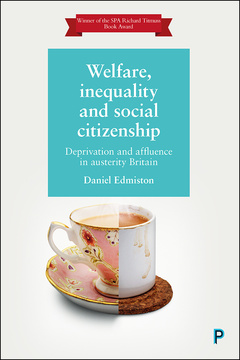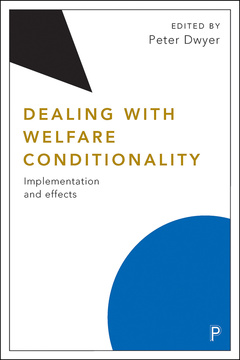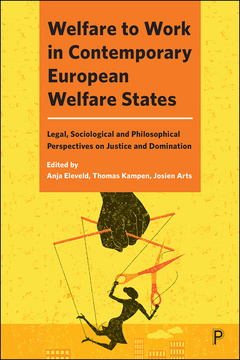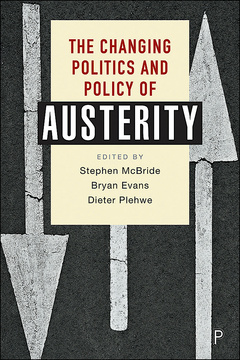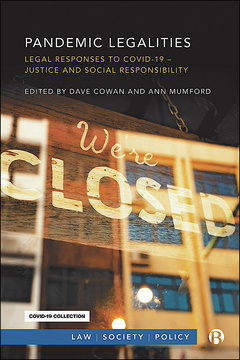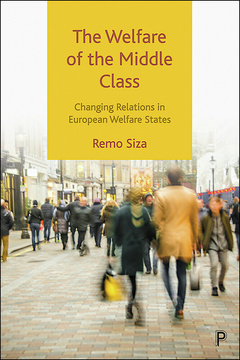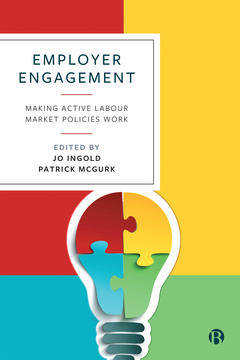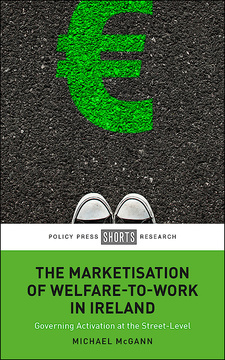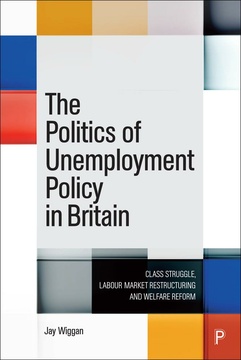Published
Sep 15, 2020Page count
226 pagesISBN
978-1447350088Dimensions
234 x 156 mmImprint
Policy PressPublished
Sep 15, 2020Page count
226 pagesISBN
978-1447350125Imprint
Policy PressPublished
Sep 15, 2020Page count
226 pagesISBN
978-1447350125Imprint
Policy PressIn the media
On our blog: Austerity and the COVID-19 crisis: There is another way
David Etherington provides bold and fresh perspectives on the link between welfare policy and employment relations as he assesses their fundamental impact on social inequalities.
Exploring how reforms, including Universal Credit, have reinforced employment and social insecurity, he assesses the role of NGOs, trade unions and policymakers in challenging this increasingly work-focused welfare agenda. Drawing on international and national case studies, the book reviews developments, including rising job insecurity, low pay and geographical inequalities, considered integral to neoliberal approaches to social spending.
Etherington sets out the possibilities and challenges of alternative approaches and progressive new paths for welfare, the labour market and social rights.
"In considering both the interrelationship between social welfare and industrial relations, and on the importance of exploring resistance to austerity, this book represents a long overdue and valuable contribution to ongoing debates in this field." Gerry Mooney, The Open University in Scotland
David Etherington is Professor of Local and Regional Economic Development at Staffordshire University. His research focuses on the political economy of welfare reform and employment relations in the UK and Nordic countries.
Introduction: the crisis and austerity neoliberalism
Conceptualising austerity, welfare and employment relations
Embedding neoliberal austerity: from New Labour to the Conservative government
Resisting welfare reforms and work-first policies
‘Devolving’ welfare policies in Greater Manchester’s precarious economy
Challenging welfare conditionality and insecure work
Towards a more inclusive labour market: lessons from Denmark
Conclusions: progressive alternatives to austerity







